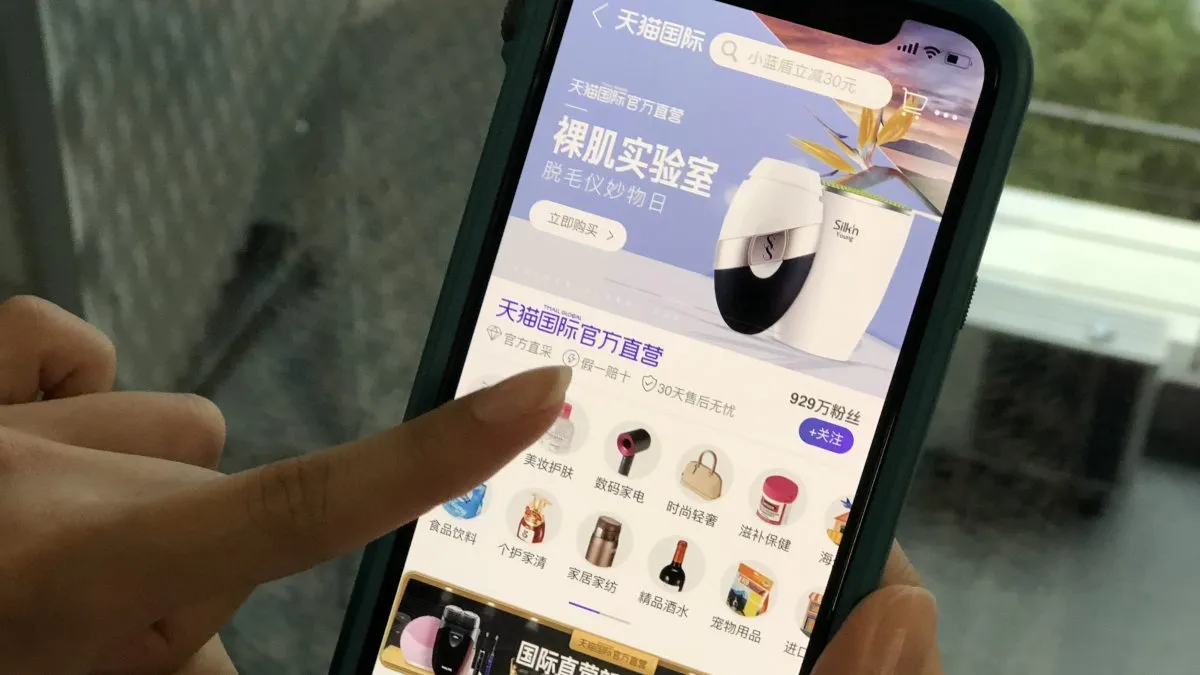Dive Brief:
- A recent U.S. House of Representatives Judiciary Committee hearing revealed U.S. e-commerce sites lag far behind their international peers, namely the Chinese e-tailer Alibaba, in combating the proliferation of counterfeit goods being sold on their platforms.
- Alibaba reports removing 96% of counterfeit listings on its site before any sales took place, according to the South China Morning Post. "We learned Alibaba’s anti-counterfeiting policies and programs are significantly more effective than any of their U.S. counterparts," Committee Ranking Member Rep. Doug Collins, R-Georgia, said in his opening statement. "I find it shocking US platforms are so far behind."
- The witnesses who testified before the committee included representatives from the United States Patent and Trademark Office (USPTO), the Automotive Anti-Counterfeiting Council and The Toy Association. Each highlighted the challenges of verifying and enforcing trademarks given the explosion of e-commerce in recent years and called for greater awareness, identification and accountability measures for consumers and platforms.
Dive Insight:
While Alibaba's 96% catch rate seems impressive, there is more to the story. Despite its current efforts, it remains part of a broader problem of Chinese counterfeits making their way onto online platforms.
China leads all other foreign countries in the number of trademark applications filed with the agency at 11%, Canada comes in second with just 2%, according to the USPTO. Furthermore, the sheer volume of Chinese applications has increased dramatically from 5,161 applications in fiscal year 2014 to 54,064 in fiscal year 2018, according to USPTO data.
USPTO Commissioner for Trademarks Mary Boney Denison testified at the hearing that the volume has been overwhelming for the agency and it has made it increasingly difficult to verify trademark claims. As a result, it has become easier for fraudulent Chinese products to enter U.S. and international online marketplaces.
This is a particular problem with Alibaba and its two subsidiary marketplaces, Taobao and Tmall, which have been accused of being particularly poor when it came to preventing the sale of counterfeit items. As a result, the USPTO put Alibaba on its "notorious markets list" in 2016. In its most recent 2018 list, the USPTO said, "Although Alibaba has taken some steps to curb the offer and sale of infringing products, right holders, particularly SMEs, continue to report high volumes of infringing products and problems with using takedown procedures."
Counterfeits have not only affected consumer products on Amazon, but they have serious implications for global manufacturing supply chains, where identifying counterfeit parts too late can be physically dangerous and damaging to a company's brand reputation.
"U.S. Customs seizure statistics reveal that counterfeit safety components like brake pads, air bags, wheels, and suspension parts are commonplace," Joseph Cammiso, president of the Automotive Anti-Counterfeiting Council, said in his statement to the House committee. "Additional counterfeit parts reported to have been seized by law enforcement include: seat belts, oil and air filters, windshields, microchips, and spark plugs. Put simply, almost every type of auto part can be and has been counterfeited."
To combat this, the USPTO cited its efforts to increase officer training, tighten security and verification measures on its online trademark and patent application portals, and to work with private businesses, trade associations and consumers to push for more comprehensive legislation that could hold e-commerce platforms more accountable for selling counterfeit goods.














